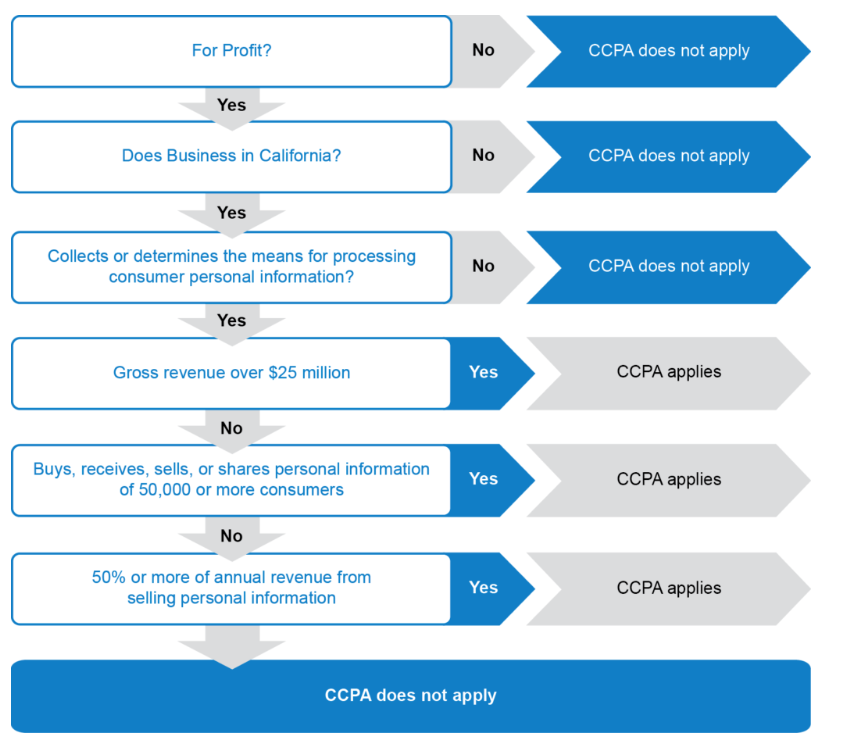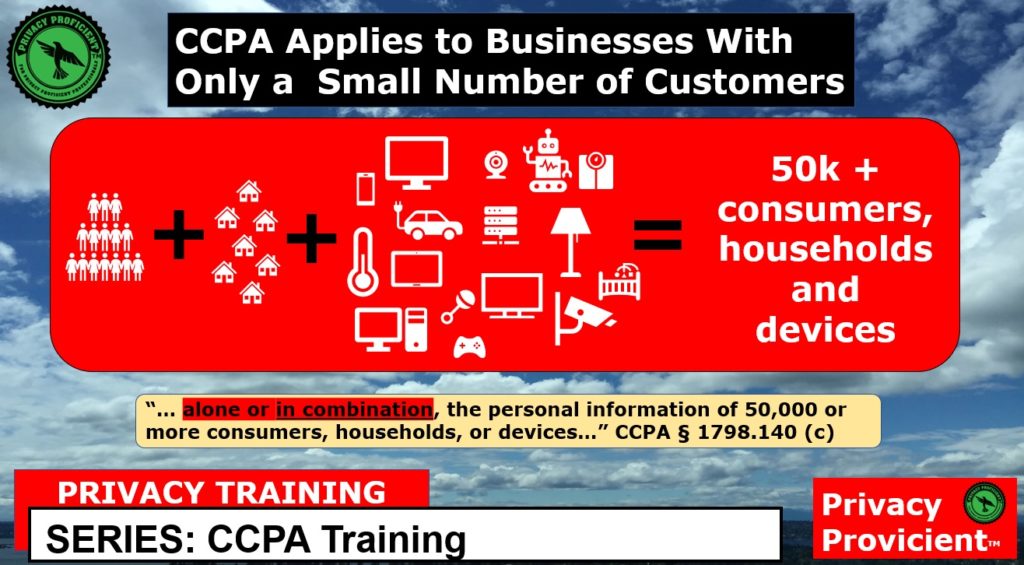When it comes to data privacy, the California Consumer Privacy Act (CCPA) has become one of the most important pieces of legislation in the US. It has been designed to enable customers to have more control over their personal data and how it is used. But does CCPA apply to business customers as well?
There has been some confusion in the past concerning the applicability of CCPA to business customers. This is due to the fact that the law was originally meant to protect individual consumers. However, recent developments have shown that the law extends to business customers as well. In this article, we will be looking at the details of the CCPA, and how it affects businesses. We will explore the implications for businesses, and how they can ensure compliance with the law.

Does CCPA Apply to Business Customers?
The California Consumer Privacy Act (CCPA) is a California privacy law that applies to businesses that collect, use, and store the personal information of California residents. While the law was designed to protect consumers, it has implications for businesses and their customers as well. In this article, we’ll look at whether the CCPA applies to business customers and what businesses need to do to comply.
Who is Covered by the CCPA?
The CCPA applies to any business that meets three criteria: it collects, stores, and uses personal information of California residents; it has annual gross revenues of $25 million or more; and it either buys, sells, or shares the personal information of 50,000 or more California residents, households, or devices. Business customers may also be covered by the CCPA if their personal information is collected, stored, or used by a business that meets these criteria.
Business customers should also be aware that the CCPA applies to companies that are not based in California. If a company is based outside of California but collects, stores, or uses the personal information of California residents, it must comply with the CCPA.
What Does the CCPA Require?
The CCPA requires businesses to provide certain rights to California consumers. These rights include the right to know what personal information a business collects and how it is used; the right to access and delete personal information; the right to opt-out of the sale of personal information; and the right to nondiscriminatory treatment for the exercise of these rights.
Businesses must also provide consumers with a clear and conspicuous link on the business’s homepage, titled “Do Not Sell My Personal Information”. This link must direct users to a page where they can opt-out of the sale of their personal information.
Businesses must also provide consumers with an annual privacy notice that discloses the categories of personal information that the business collects, stores, and uses. The notice must also disclose the categories of sources from which the information is collected and the purposes for which the information is used.
What Are the Penalties for Non-Compliance?
The CCPA provides for civil penalties of up to $7,500 per violation. In addition, the California Attorney General may bring a civil action against a business for violations of the CCPA, which may result in monetary penalties, injunctive relief, or other remedies.
Conclusion
Business customers should be aware that the CCPA applies to them if their personal information is collected, stored, or used by a business that meets the criteria outlined above. Businesses must comply with the CCPA’s requirements or face potential penalties. By understanding the CCPA and taking steps to comply, businesses and their customers can ensure that their personal information is protected.
Frequently Asked Questions
The California Consumer Privacy Act (CCPA) is a landmark privacy law that affects businesses that collect, use, or sell the personal information of California residents. This law applies to business customers as well as consumers.
Does CCPA Apply to Business Customers?
Yes, the CCPA applies to business customers as well as consumers. Business customers are defined as entities that collect, use, or sell the personal information of California residents. This includes businesses that are engaged in activities such as online advertising, online tracking, and data analytics. Businesses must comply with the CCPA’s requirements, including providing individuals with the right to request access to their personal information, to request it be deleted, or to opt out of the sale of their personal information.
Business customers must also provide individuals with the right to opt out of the sale of their personal information, as well as the right to non-discrimination for exercising their rights under the CCPA. Businesses must also take reasonable steps to secure personal information and to ensure that it is not used for any purpose other than its intended purpose. Businesses must also provide individuals with notice of their rights under the CCPA.
In conclusion, the CCPA applies to business customers as well as individuals. It is important for businesses to understand the implications of this law and take the necessary steps to ensure their customers’ data is being collected and used properly. Businesses need to be aware that they must provide the same rights to their customers as they would to any individual. They must also ensure that they are in compliance with the CCPA regulations and any other applicable state and federal regulations. Businesses must also provide their customers with the necessary tools and resources to exercise their rights. By following these guidelines, businesses can ensure their customers’ data is being collected and used in a responsible manner.



